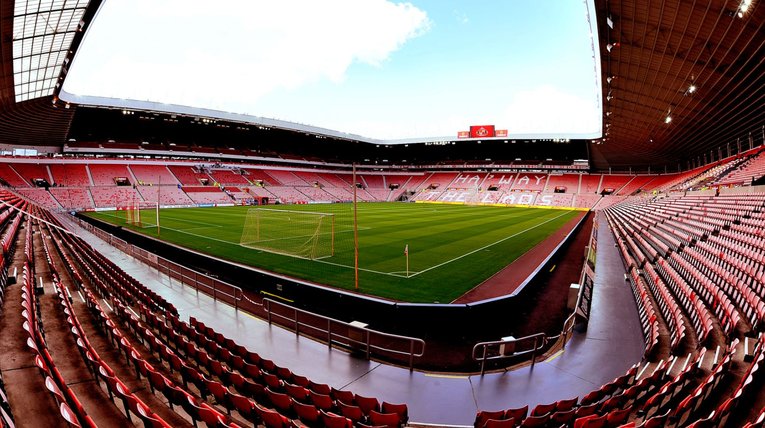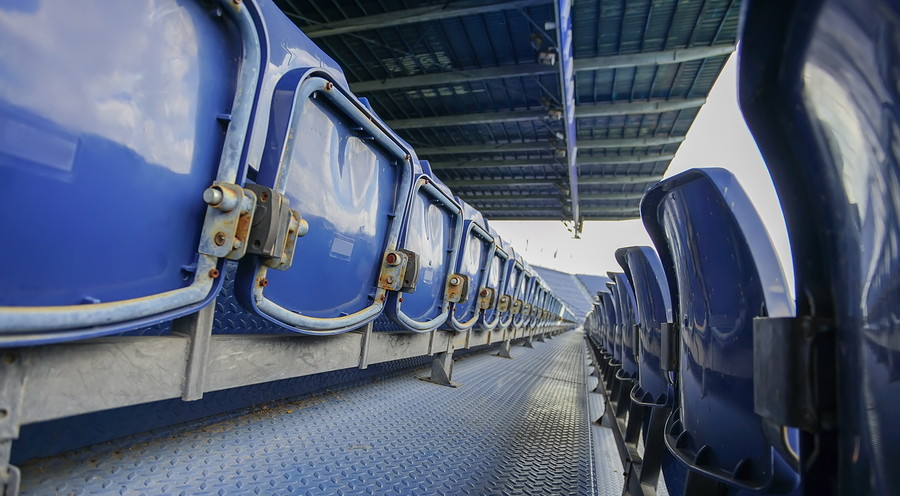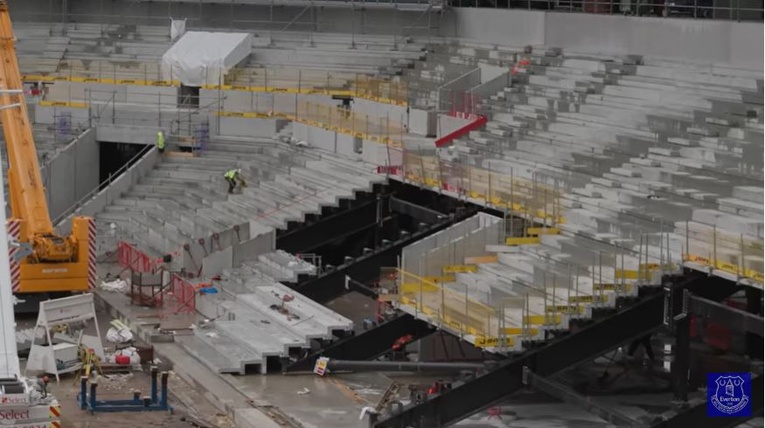
In the world of football, promotion and relegation is an inevitable part of how the sport works. Whether a team comes up or goes down, which league they are in are likely to have an influence on their stadium. In the Football League, for example, teams have to have football grounds that meet certain requirements in order to play in the likes of the Premier League, meaning that money has to be spent on the improvements.
If they are then relegated, the cost of those changes can become prohibitive to them in terms of signing new players etc. The question is, how does relegation affect a team’s home stadium?
Relegation Costs Money

The simply reality about getting relegated from one league to another is that it costs money. It is fair to say that relegation from League Two to League One won’t have the same sort of financial impact on a club that relegation from the Premier League to the Championship will have, but there is still a financial cost that has to be taken into account.
When it comes to football clubs, this financial impact can result in big issues for their stadium. The maintenance of a football ground is an expensive thing for clubs to absorb, so relegation from one division to another can have unforeseen consequences on their ability to do said maintenance.
Some maths on putting a game on in an empty stadium (comments welcome)
Cost of game + fans -Stewards/Security/Match day staff for average crowd of 6k-£11k per game
Refs/Officials/Ambulance/medics – £3k per game
TV staff(iFollow) – £1k per game
£15K per normal home game cost— Darragh MacAnthony (@DMAC102) May 23, 2020
It isn’t just that maintenance costs might not be able to be upheld due to the cost of being relegated. Many clubs use the financial gains of being promoted to make changes and alterations to the stadium. If these can’t be paid for prior to relegation, it is more than possible that they won’t be paid for at any point. Relegation out of the Premier League, for example, can cost as much as £50 million.
That is a huge sum of money that a club has to be able to find, with maintenance costs likely to be one of the first places that they look to in order to try to cut back, with improvements to a stadium also on the list of cut-backs.
Crowds Can Drop

We might all like to think that football clubs have loyal fans that will follow them through thick and thin. Whilst that is undoubtedly true in some cases, in others it is clearly not. When a team gets promoted, they also gain the attention of supporters who might not otherwise have cared about them.
Getting into the Premier League, as an example, will see new fans flock to watch a club for the first time. Although some of them will be die-hard fans for life, many of them will lose interest at the point at which the club is relegated back out of the Premier League. Whilst we might say that it’s ‘good riddance’, the clubs can’t think that way.
@cyriel_dessers
Instead, they have to be aware of the reduction in numbers coming in to the stadium to watch football matches. That obviously has an impact on the club’s profits, which in turn will affect everything from transfer business through to the ability to make cosmetic changes to the stadium. Sunderland are an excellent case in point.
According to transfermarkt.co.uk, the Black Cats had an average of 41,287 supporters turning up to watch them in the 2016-2017 Premier League in the season. The following year, having been relegated to the Championship, that dropped to 27,635. It is the sad reality of clubs facing relegation.
Everton & the Bramley-Moor Dock

Everton have not been relegated out of the top-flight since the 1952-1953 campaign. The Merseyside club began life at Anfield but left for Goodison Park when the owner of their former home put the rent up in 1892. They spent more than 100 years at their current home, but hope to move to Bramley-Moor Dock and the Everton Stadium in time for the 2024-2025 season.
Problems might arise, however, if the Blues were to be relegated out of the Premier League before they even got to play a game there. Crowe LLP, auditors for Everton, surmised that there was ‘significant doubt‘ that they could continue as a ‘going concern’.
Everton Stadium at Bramley Moore Dock 28/9/24
A beautiful stadium in a beautiful place 💙⚽️🏡 pic.twitter.com/SLChzlwM3e— Mark Thomas (@dixiedeansboots) September 28, 2024
The good news for the Blues is that new owners are keen on buying them simply because the stadium exists. It is seen as a reason for any new owners to be bullish about Everton’s chance of survival as a football club, yet if they were to be relegated then might well become an albatross around their neck. Paying for the completion of the stadium would limit their ability to buy new players, as well as cause the sale of the top earners at the club.
Given the fact that the Championship also has much more stringent rules around the likes of Profit & Sustainability, it might see the Merseysiders plummet even further down, with the new stadium being for nought.
